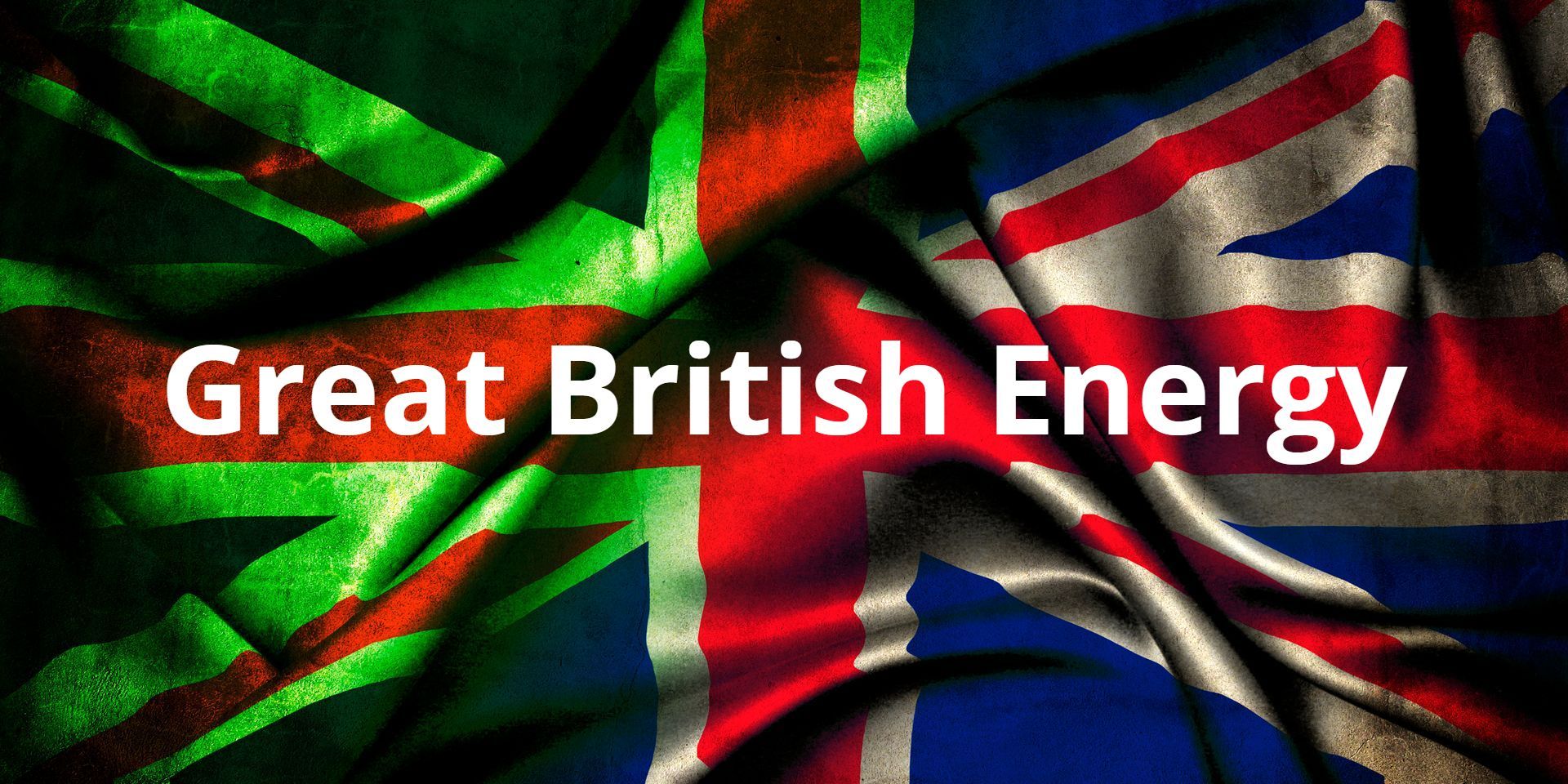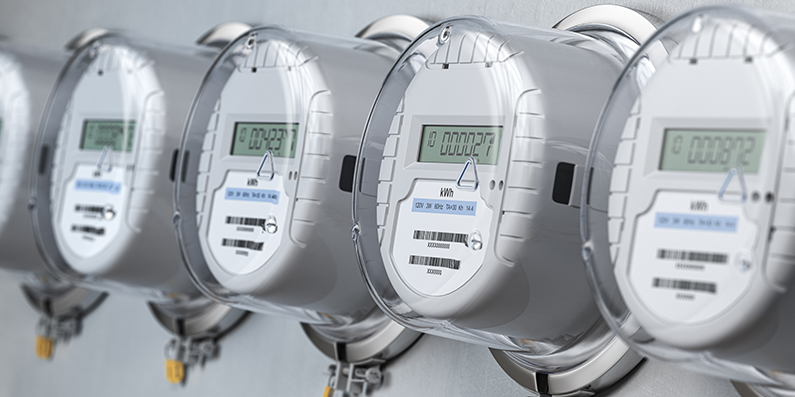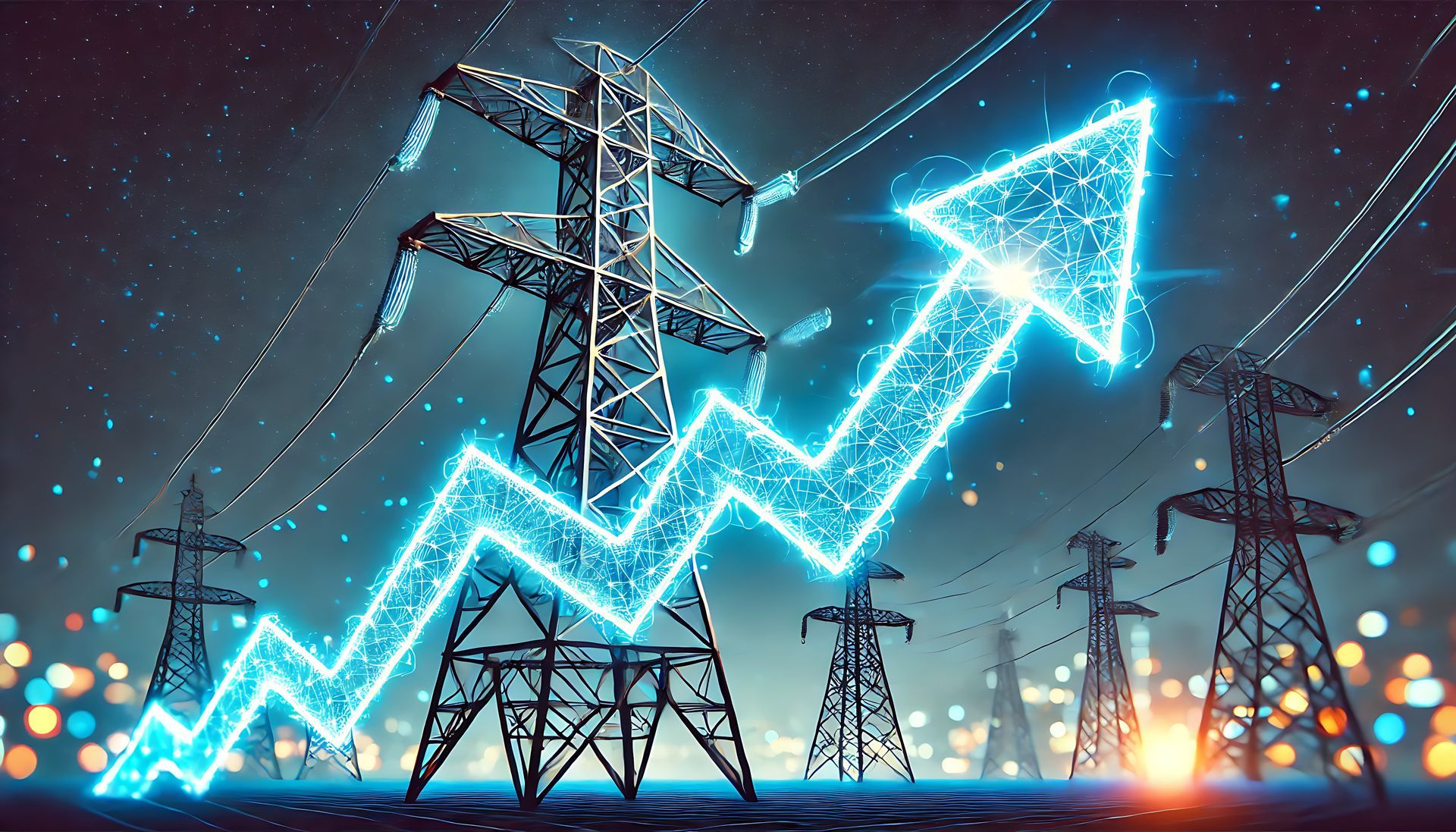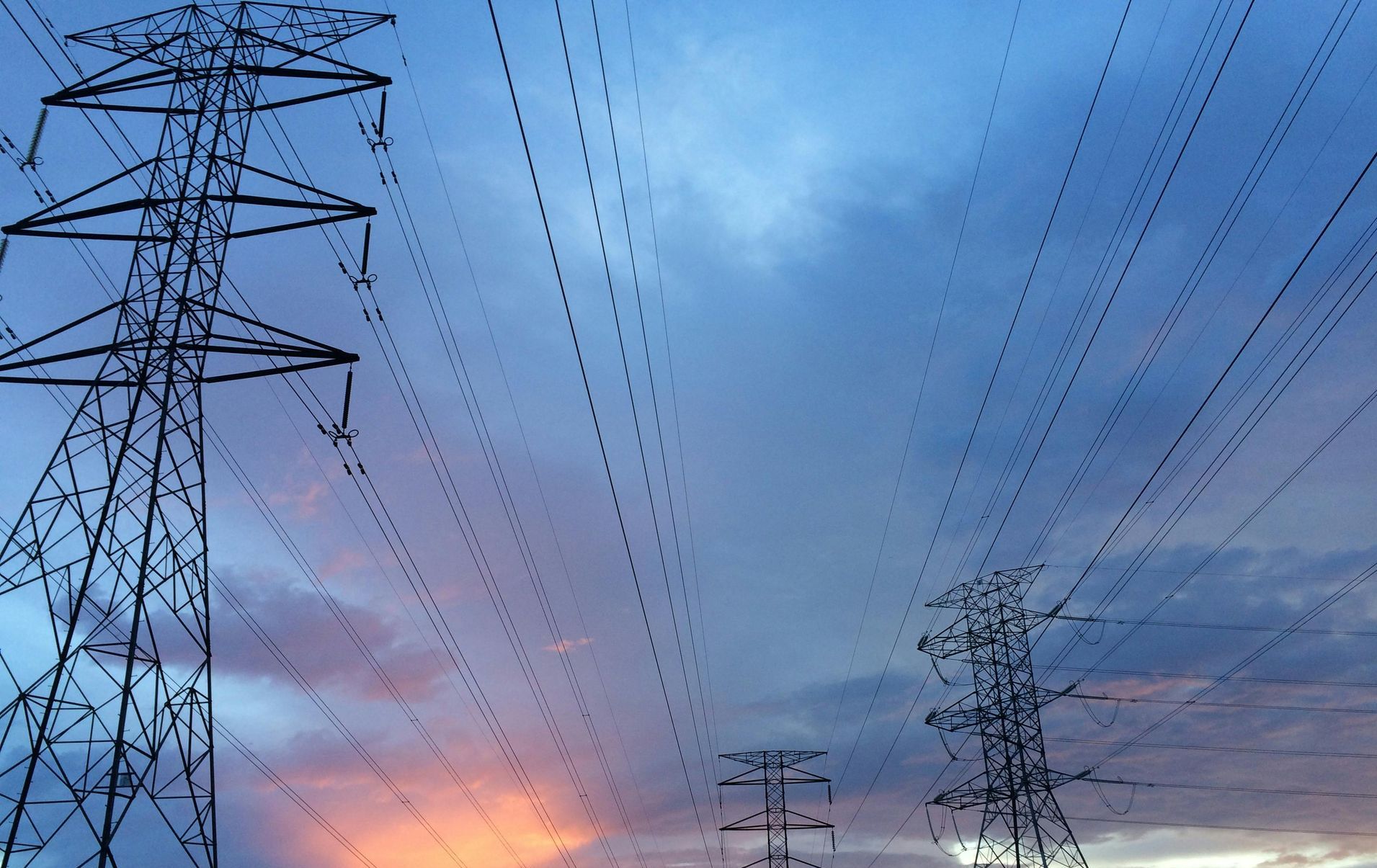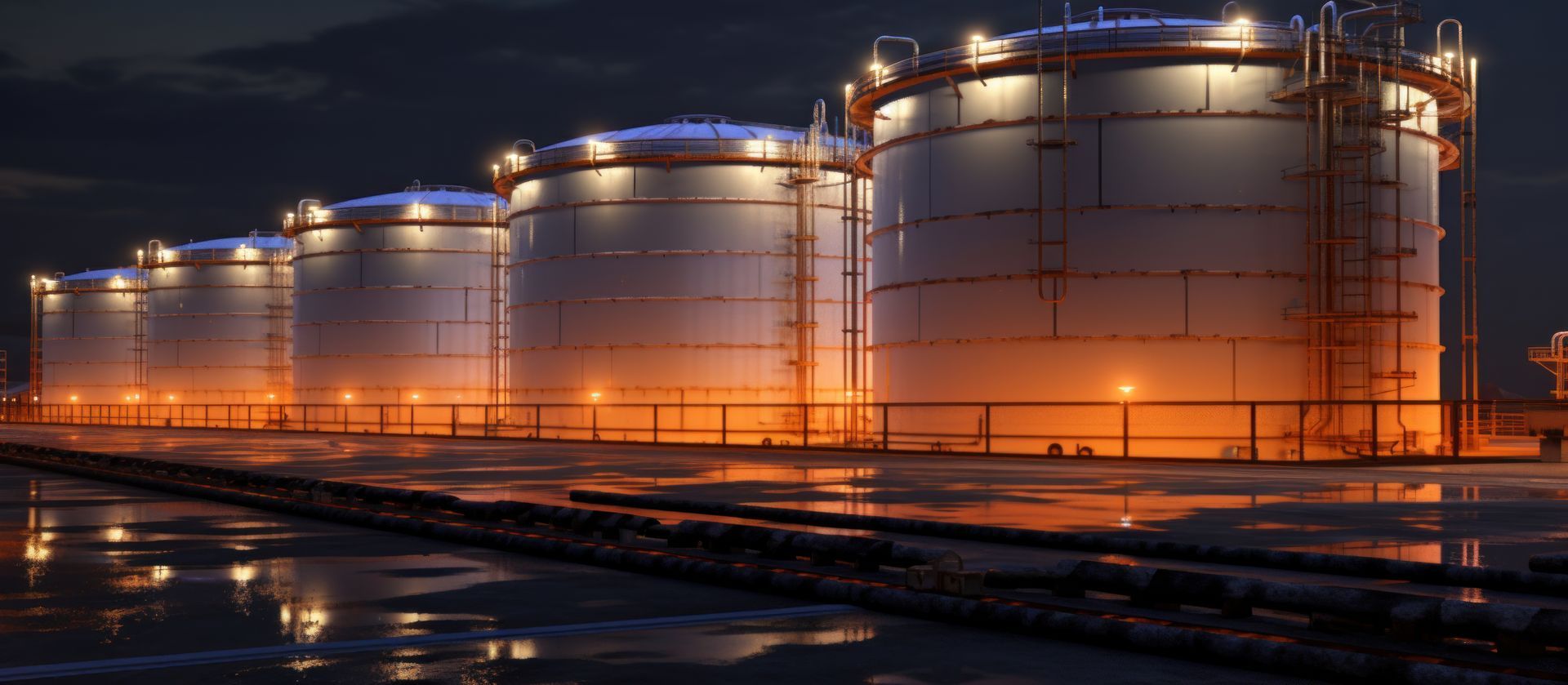Additional Government Energy Policy Subsidies
What are they and when could they be implemented?

If the news of non-commodity cost increases raised in our previous blog wasn’t already enough to bear, it looks like we will soon all be learning even more abbreviations and acronyms for our costing vocabulary as yet more Government policy subsidies are set to be added to your already stretched monthly invoice over the following years.
Whilst the evolution of the energy market in relation to low carbon generation and net zero technologies brings the UK many benefits, the inevitable financial reality is that funding implications of these developments are passed directly onto end users via your electricity or gas bill.
There are three new policies on the horizon, which in total could add an extra £3/MWh to the existing cost stack:
1) Nuclear Regulated Asset Base (RAB)
Following the cancellation of several proposed nuclear projects that would have used the Contracts for Difference funding mechanism, the UK Government has introduced a Regulated Asset Base (RAB) funding model which, unlike CfD, provides finance from the very start of construction. This policy aims to make investment more appealing and to ensure new nuclear generation facilities are developed as existing assets begin the decommissioning process.
The first RAB will be in relation to the £35bn+ construction cost for the new 3.3GW Sizewell C reactor where consumers will pay an up-front charge on invoices. Initial estimates suggest a charge on the invoice of around £0.50/MWh from as early as April 2024, rising in later years as construction costs increase.
2) Hydrogen Levy Scheme
The UK Government has proposed an incentive scheme to encourage hydrogen production by providing investors with a guaranteed return should the price of hydrogen fall below an agreed minimum level. Should the scheme go ahead (there has been talk of cancellation due to the multitude of increases faced by consumers) it would begin in 2025. The financial commitment could lead to a cost of £100m each year which would add a cost to bills (likely gas invoices) of around £0.50/MWh.
3) Carbon Capture Subsidy
Whilst still very much in the development stage, a new subsidy has been proposed to support Carbon Capture, Usage and Storage (CCUS) to reduce emissions in industries where other carbon saving measures are not feasible. Should this subsidy move forward, initial indications suggest the charge on the consumer invoice could be as much as £1/MWh and would likely be introduced toward the end of the decade.
Adalta Energy understands this is still an uncertain time for UK business. If you have any questions or require any assistance, then please contact enquiries@adaltaenergy.co.uk or call Ed Butler directly on 07989 431184. Alternatively, if you are an existing Adalta Energy client then please speak directly with your dedicated contact.




